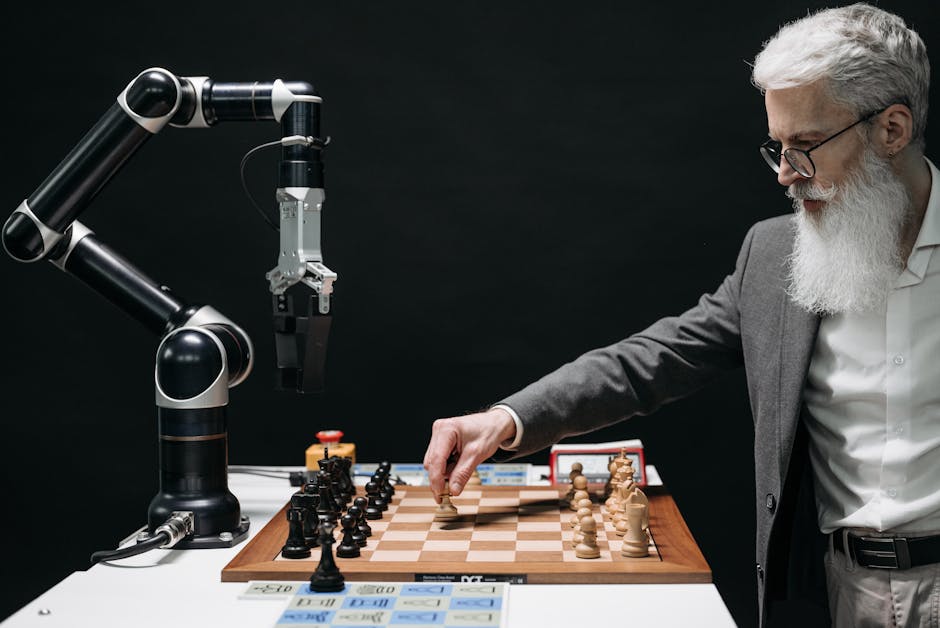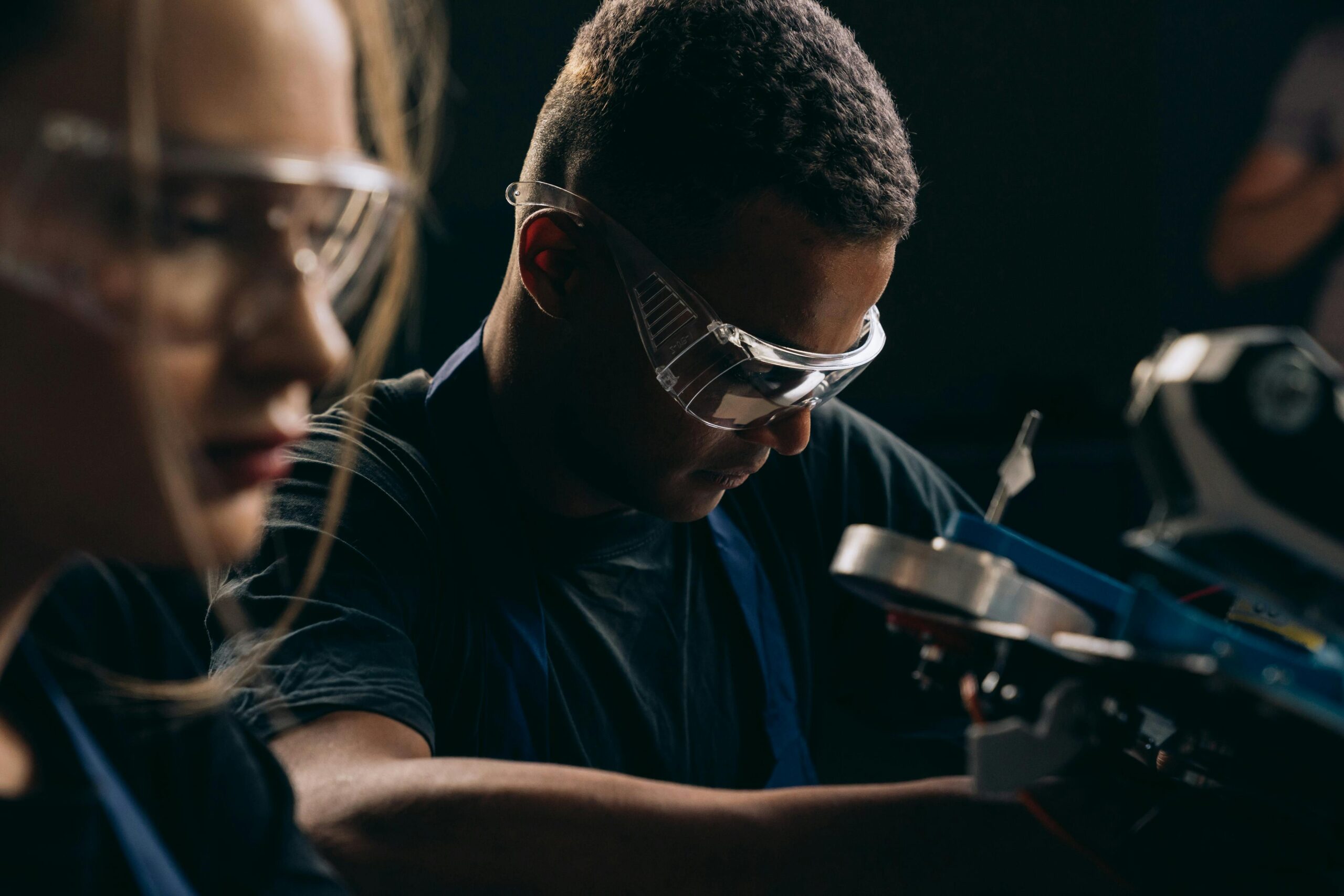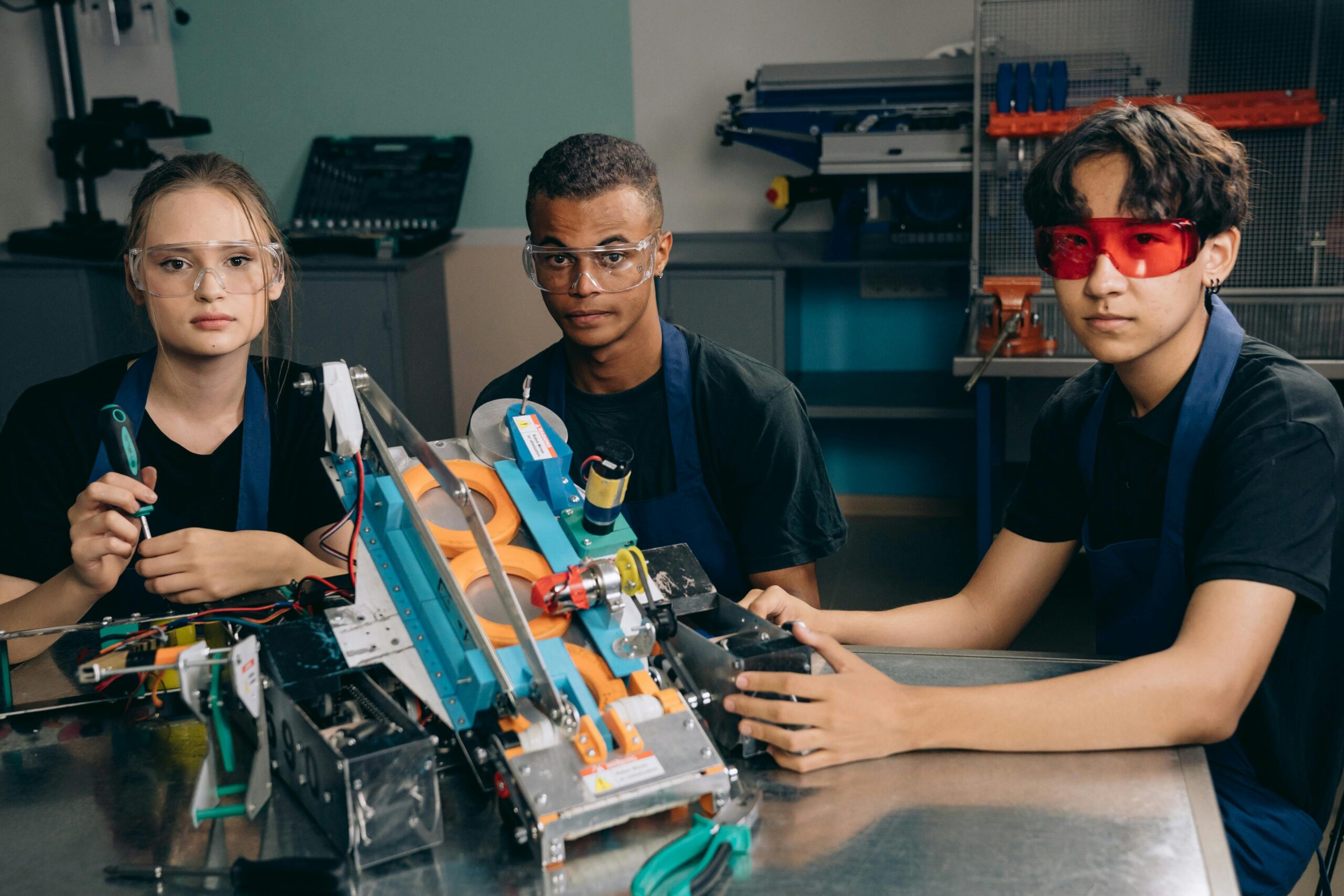The landscape of work is undergoing a profound transformation. As technological advancements reshape industries and redefine job roles, concerns about job security and the future of careers are understandably on the minds of many, especially younger workers entering the workforce. In response to this shifting reality, Marvin Ellison, CEO of Lowe’s, has offered insightful guidance for young professionals, emphasizing the crucial skills and mindset needed to not only survive but thrive in this new era. This article delves into his advice, exploring the impact of technology on jobs and providing a roadmap for young workers to build resilience and unlock opportunity.
The Evolving Landscape: How Technology is Reshaping Jobs
The undeniable rise of technological advancements is rapidly changing how businesses operate and the types of roles that are in demand. Marvin Ellison, Lowe’s CEO, openly acknowledges that artificial intelligence is significantly accelerating these changes, particularly in automating tasks that are routine and repetitive. While this shift inevitably means some jobs will become obsolete, it’s equally important to recognize that it will simultaneously create new opportunities – opportunities geared toward individuals willing to adapt and grow alongside these changes. The key takeaway isn’t to fear change, but to prepare for it.
Essential Advice for Young Workers: Building a Future-Proof Career
Ellison’s advice isn’s about clinging to outdated skills or resisting progress. Instead, it’s a pragmatic call to action, outlining a framework for young workers to actively shape their own careers and embrace the opportunities that lie ahead. Here’s a breakdown of his core recommendations:
Embrace Lifelong Learning: The Constant Pursuit of Knowledge
The traditional model of obtaining a degree and relying on that skillset for a career is rapidly becoming obsolete. Ellison stresses that young workers must adopt a mindset of continuous learning. The days of assuming a single skillset will sustain a career indefinitely are gone. Proactive engagement in acquiring new knowledge and skills is no longer an option, it’s a necessity. This learning can take various forms:
- Formal Education: Pursuing advanced degrees or certifications relevant to your field.
- Online Courses: Utilizing platforms like Coursera, edX, or LinkedIn Learning to acquire specific skills.
- On-the-Job Training: Actively seeking out opportunities to learn new processes and technologies within your current role.
- Industry Events & Workshops: Staying abreast of the latest trends and developments through conferences and training sessions.
The commitment should be ongoing and integrated into a long-term career strategy.
Cultivate Human-Centric Skills: The Strengths Machines Can’t Replicate
While machines excel at performing repetitive tasks and processing data, they lack the uniquely human qualities that are essential for innovation, leadership, and meaningful connection. Ellison highlights the importance of cultivating these skills, which are far less susceptible to automation:
- Creativity: The ability to generate new ideas and approaches.
- Emotional Intelligence: Understanding and managing emotions, both your own and those of others.
- Problem-Solving: The capacity to analyze situations, identify solutions, and implement them effectively.
- Communication: The ability to convey information clearly and persuasively, both verbally and in writing.
- Critical Thinking: Analyzing information objectively and forming reasoned judgments.
- Collaboration: Working effectively with others to achieve common goals.
Focusing on developing these skills will not only make young workers more valuable in the current market, but also position them for success as roles continue to evolve.
Adaptability and Openness: Embracing the Inevitable Shift
The only constant in today’s rapidly changing world is change itself. Ellison emphasizes that flexibility and a willingness to adapt to new technologies and roles are no longer desirable traits, but rather essential survival skills. Young workers need to cultivate a mindset of curiosity and openness, ready to pivot as industries and job requirements shift. This means:
- Staying Informed: Keeping abreast of industry trends and technological advancements.
- Seeking New Experiences: Actively seeking out opportunities to learn new skills and take on different responsibilities.
- Being Willing to Pivot: Recognizing when a particular skillset or role is no longer viable and being prepared to transition to something new.
- Embracing Failure as a Learning Opportunity: Understanding that setbacks are inevitable and using them as opportunities for growth.
Leveraging Technology: A Tool for Empowerment
Rather than viewing technology as a threat, young workers should learn to use it to their advantage. Ellison encourages individuals to understand how to work *alongside* technology and utilize digital tools to enhance productivity and open up new career paths. This doesn’t mean becoming a coding expert, but rather developing a comfortable and informed relationship with the tools that are shaping the workplace. Focus on:
- Becoming Proficient in Essential Software: Mastering the tools used in your industry.
- Understanding Data Analytics: Developing the ability to interpret data and draw meaningful insights.
- Exploring Emerging Technologies: Staying informed about the latest advancements and considering how they might impact your field.
Lowe’s Commitment: Supporting the Workforce in a Changing Landscape
Ellison’s insights aren’t just about individual responsibility; they also reflect Lowe’s own commitment to supporting its workforce. The company recognizes that the rapid pace of technological change necessitates a proactive approach to employee training and development. Lowe’s is investing in technology to improve efficiency and customer service, but equally importantly, is dedicated to supporting its employees through upskilling initiatives. This commitment underscores a growing awareness among businesses: companies have a responsibility to help their employees transition and thrive in the AI-driven landscape.
Broader Implications: The Future Workforce and Beyond
The advice emanating from Lowe’s CEO is more than just a strategy for young workers; it’s indicative of a broader consensus forming among business leaders worldwide. The workforce of the future will need to be agile, tech-savvy, and focused on continuous personal and professional growth. Those who can effectively combine human strengths with technological competence will be best positioned for long-term success. This shift demands a new perspective on education, training, and career planning – one that prioritizes adaptability and lifelong learning. It’s a call for businesses to invest in their employees and foster a culture of innovation and continuous improvement.
Conclusion: Embracing the Opportunity
Marvin Ellison’s message to young workers is clear: view technology not as a source of fear, but as a catalyst for personal development and career evolution. By embracing adaptability, lifelong learning, and those uniquely human skills that machines cannot easily replicate, the next generation can navigate – and even thrive – in the rapidly changing world of work. The future isn’s predetermined; it’s being shaped by the choices we make today. Young workers have the opportunity to define their own success and contribute to a more innovative and prosperous future.







Leave a Reply
You must be logged in to post a comment.